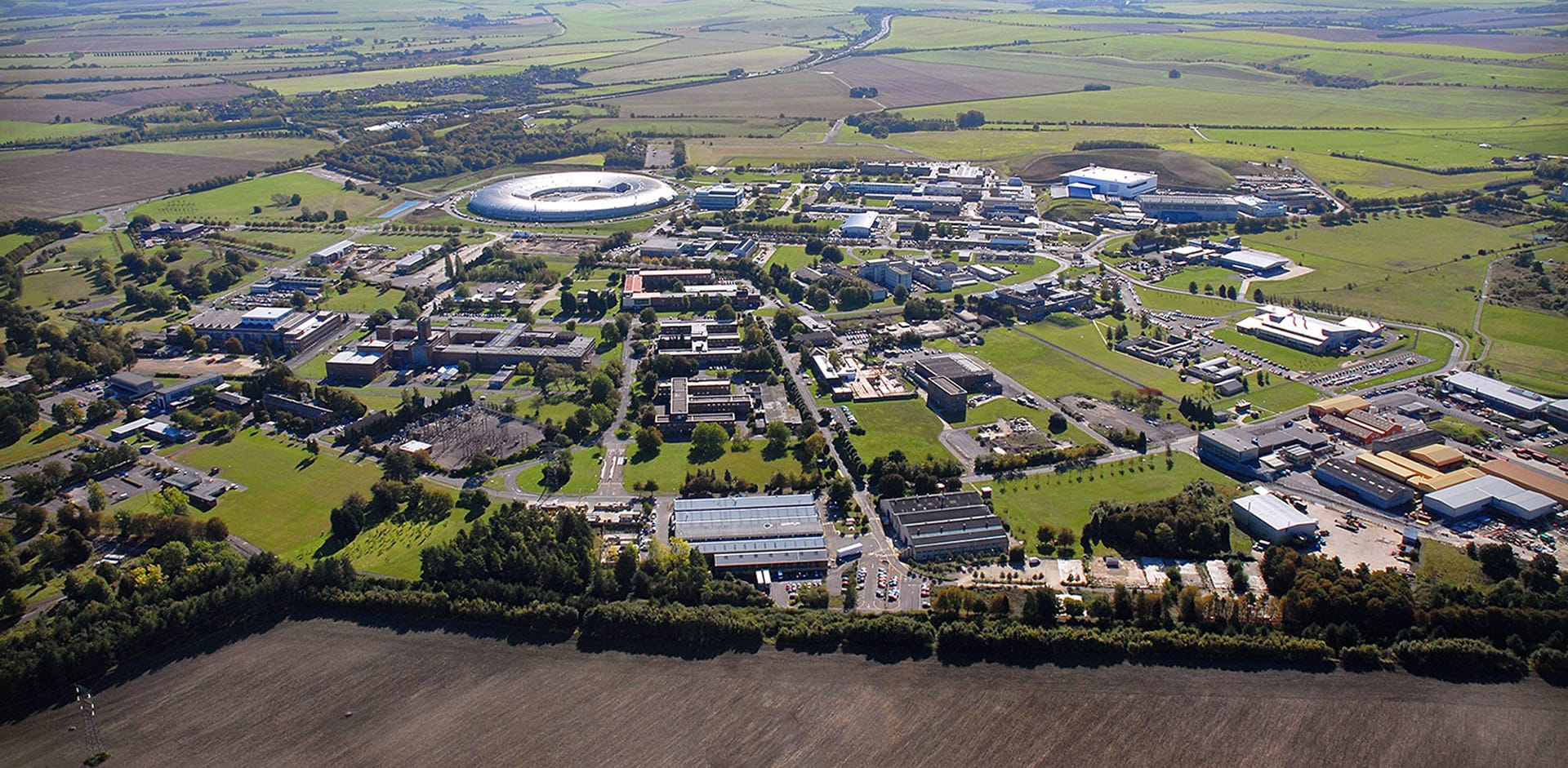
02, UK Space Agency and ESA to Support Deep-Tech SMEs develop next generation autonomous vehicle technology
O2, the UK Space Agency and European Space Agency, will be supporting ‘Project Darwin’, an ambitious four-year trial programme designed to pave the way for next generation connectivity solutions for connected and autonomous vehicles (CAVs).
The project unites organisations within the Harwell Space Cluster and will run from Harwell Campus where it aims to test new technology and end-to-end connectivity solutions, including 5G and satellite communications to ultimately create a new CAV vertical market.
‘Project Darwin’ will bring together Oxford and Glasgow Universities, Spanish satellite operator Hispasat, start-ups specialised in self-driving mobility solutions and Darwin Innovation Group Oxford – a cutting edge innovation company connecting terrestrial and satellite communications.
Starting in July the high-level design and definition phase will begin to explore key connected vehicle and Vehicle-SIM platforms, as well as AI neural network integration. From 2020 the project hopes to be in position to showcase the first ‘proof of concepts’.
Announcing the project, Derek McManus, Chief Operating Officer at O2 explained that “Project Darwin is an important piece of the connected and autonomous vehicle puzzle. The research taking place at Harwell during the next four years will be vital in the creation of new transport ecosystems for the UK public and the companies that will offer these services.”
O2 research last year found that CAVs are expected to generate unprecedented levels of data – 4TB per hour – highlighting the need for projects such as these to explore next generation connectivity solutions.
Talking about the collaboration between Industry and the public sector agencies, the Darwin Innovation Group co-founder, Daniela Petrovic, said, “Our team at Harwell is thrilled to gather key innovation partners like Telefonica, UK Space Agency and ESA, together with a number of start-ups from Oxfordshire with whom we have longstanding relationships, to join forces in this exciting innovation.”
“Our aim is that Mobility as a Service (MaaS) developed by project DARWIN will benefit society in multiple ways: by creating new apprenticeships in this newly developing area, informing policies and regulations related to connected and autonomous vehicles, and creating a new industry vertical”.
Many of the organisations involved in the project sit within the Harwell Space Cluster, the most concentrated collection of Space organisations in Europe. The strength of this Cluster lies in its ability to unite the public sector with fast growth SMEs/ multinationals to collaborate, co-fund, and problem solve, in order to develop innovative technologies that ultimately create new markets, resulting in job creation and economic growth.